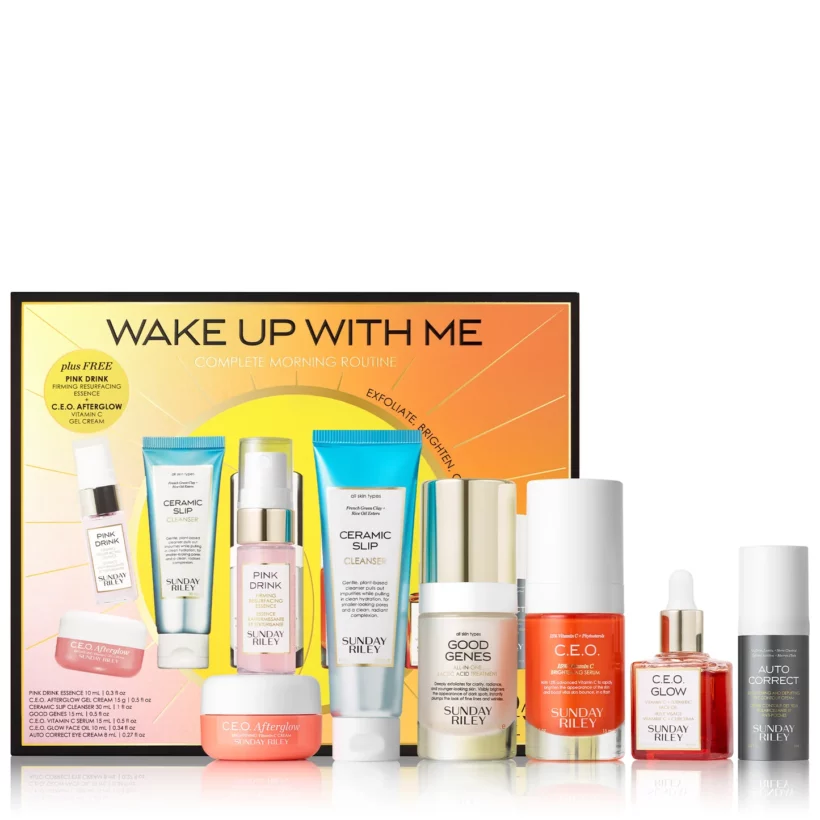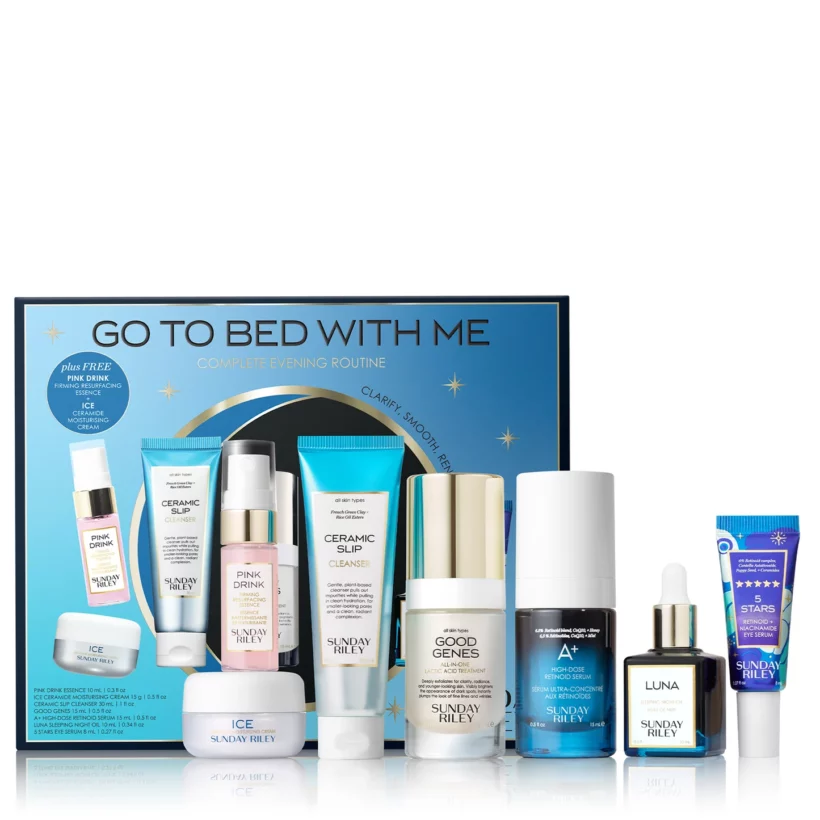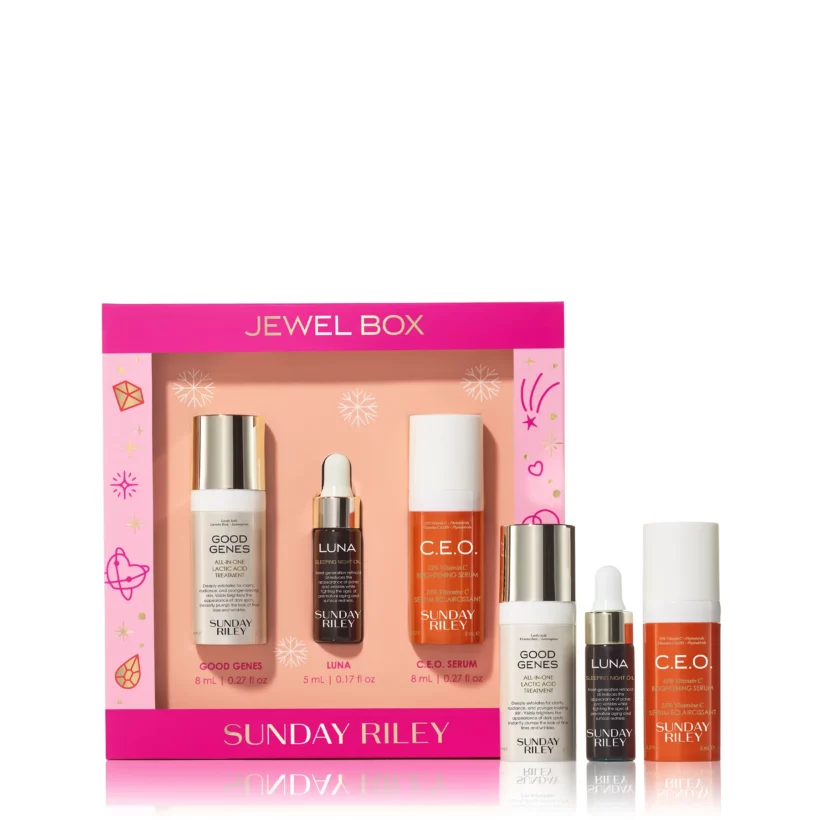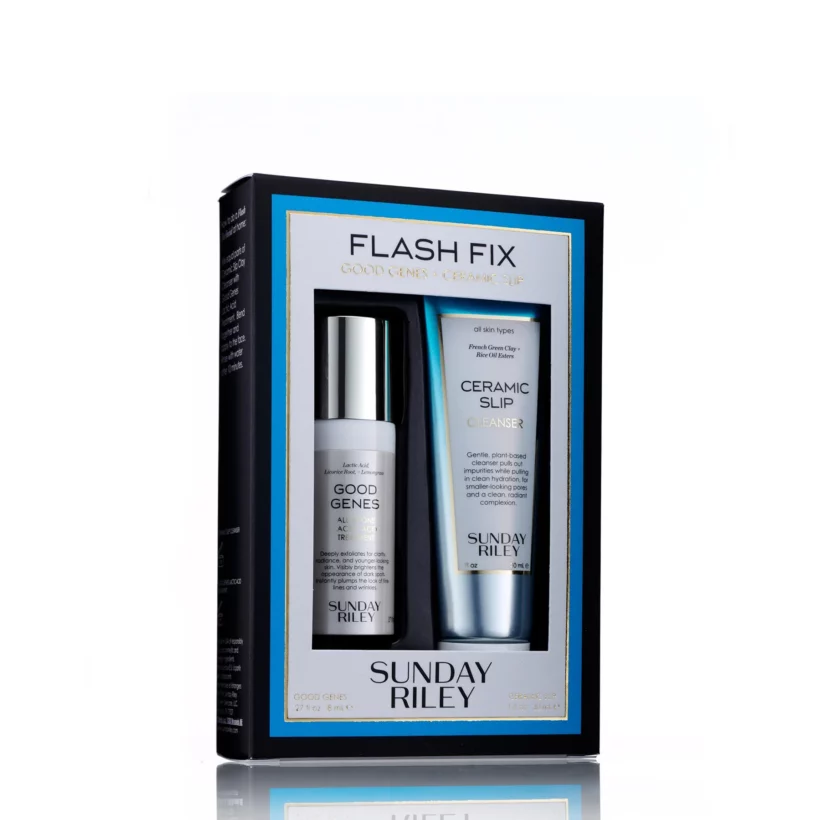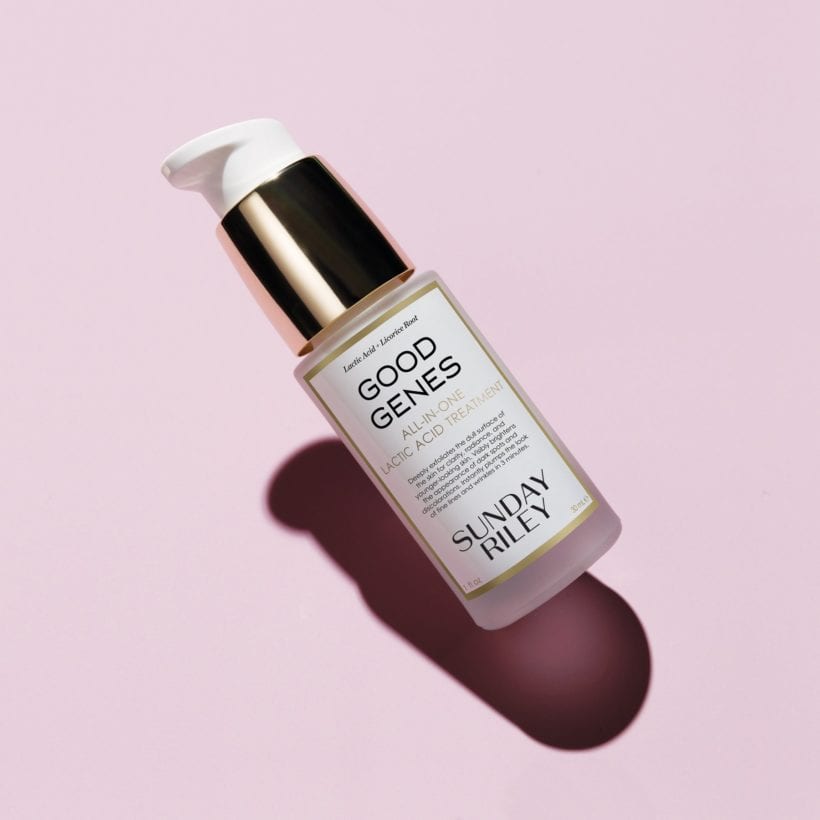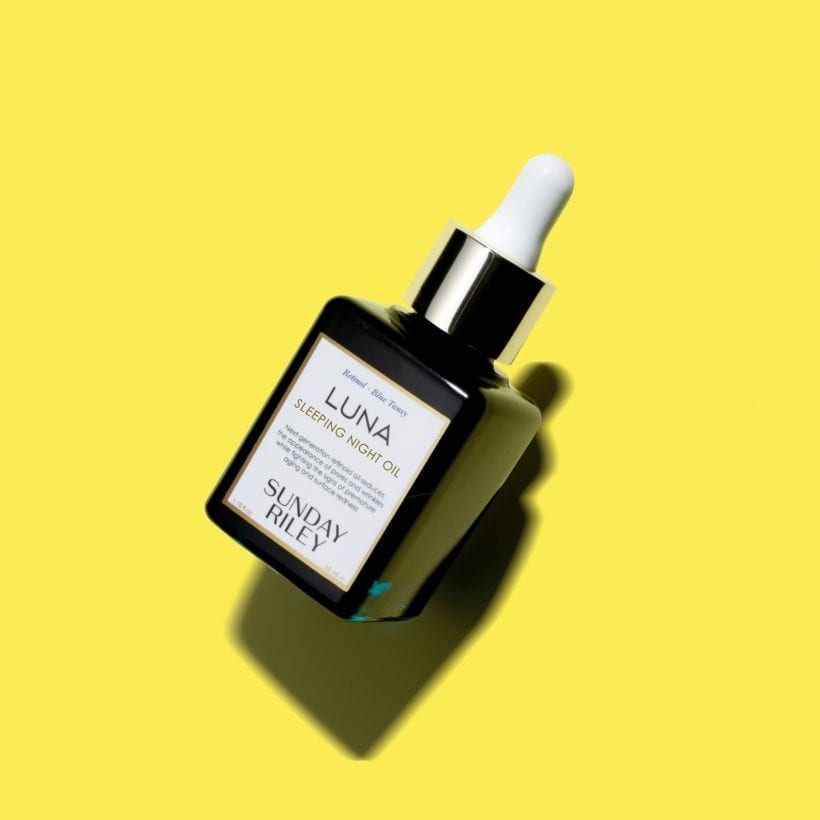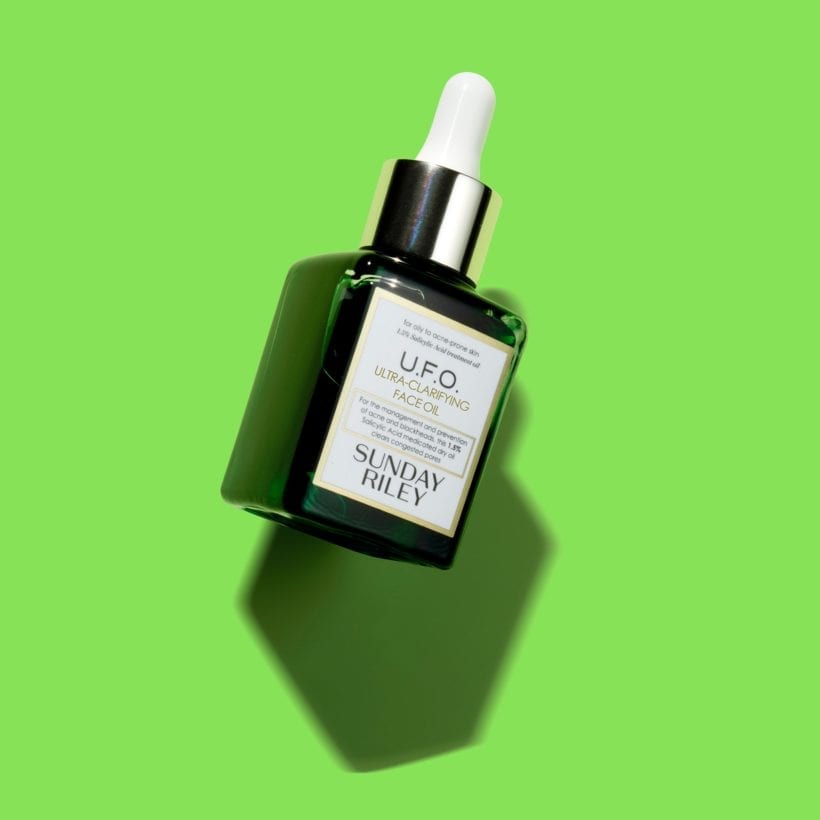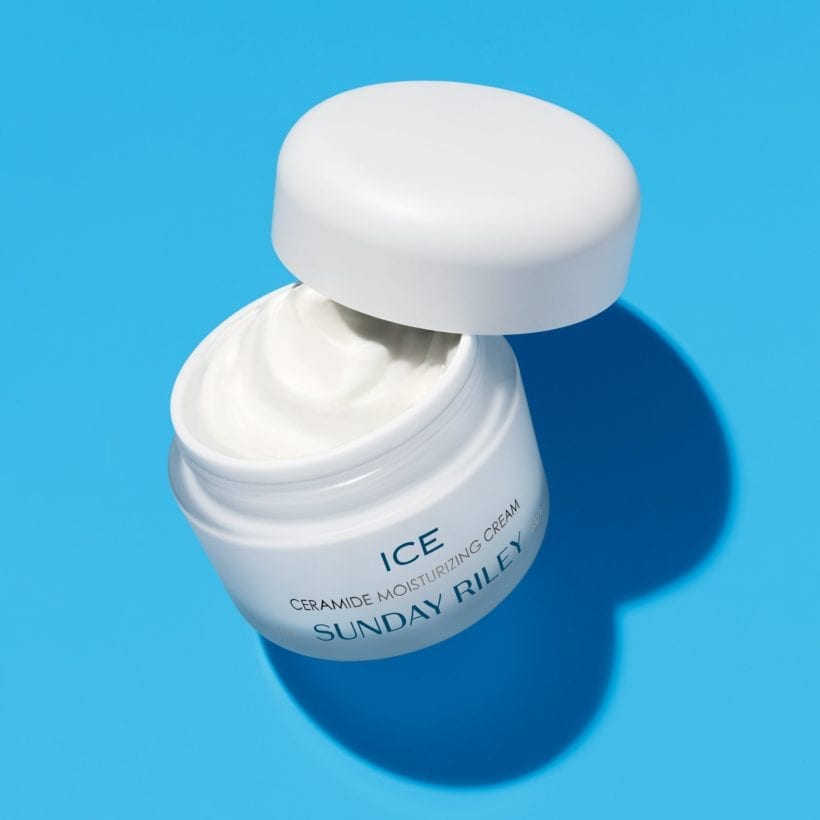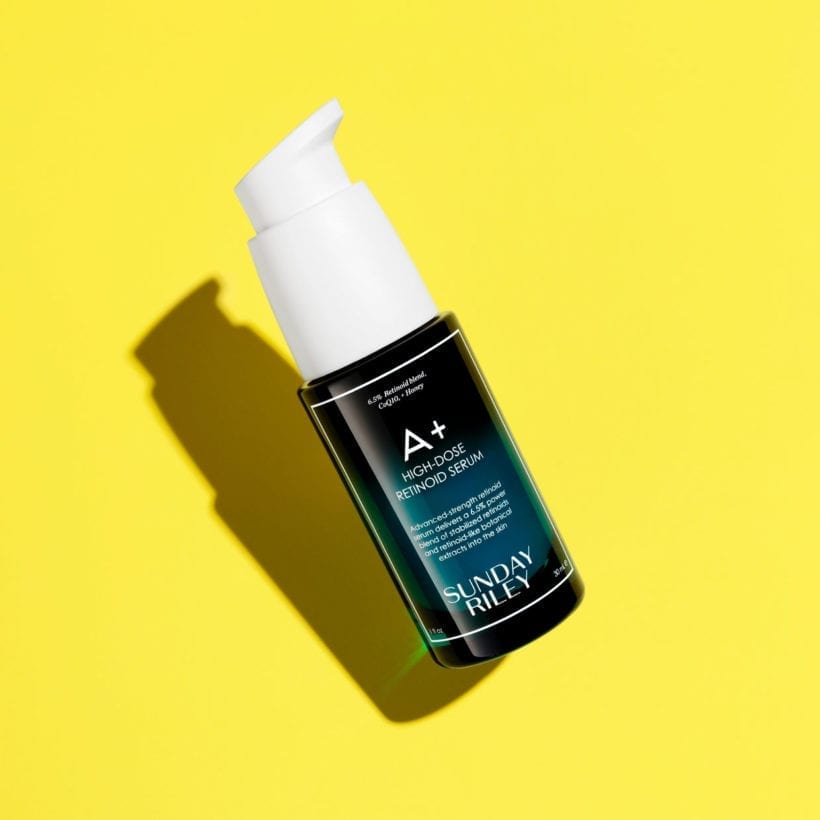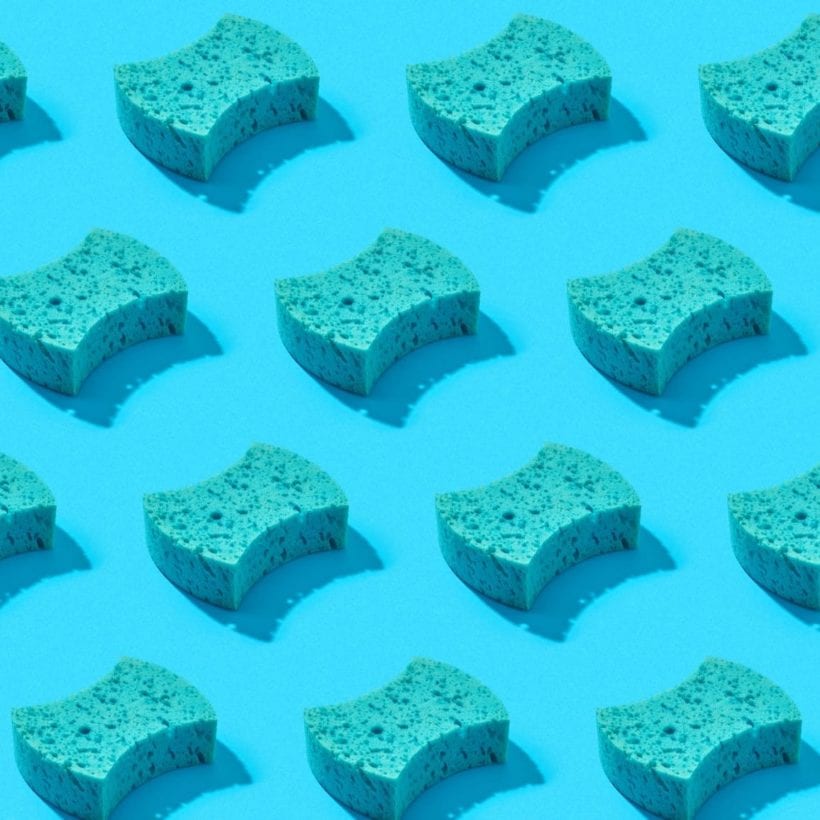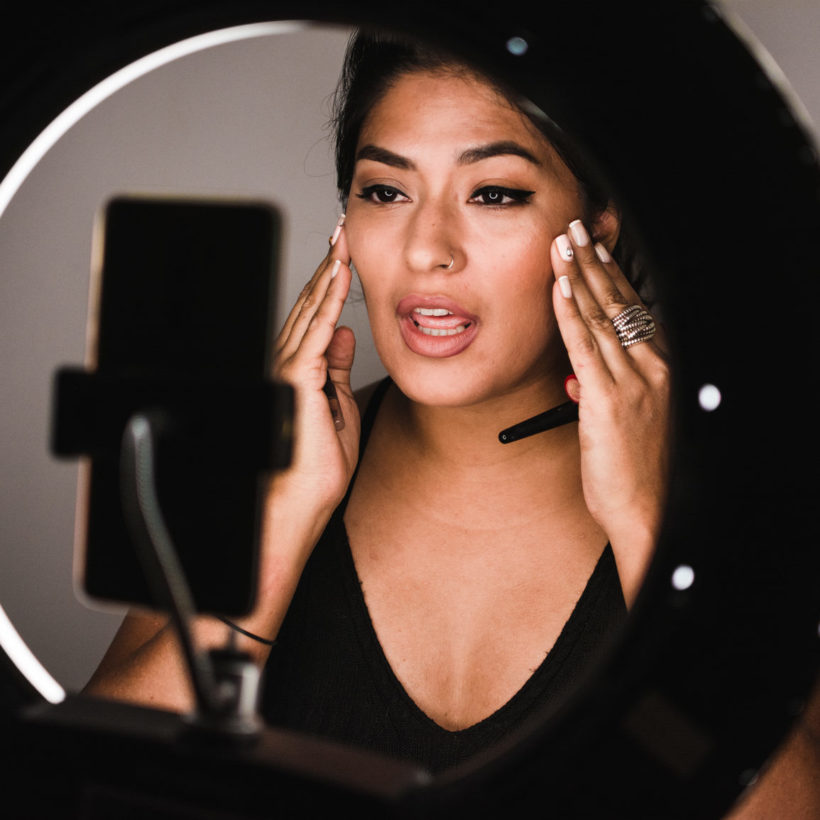There are so many conflicting views about what ingredients, techniques, and regimens you should follow that it can be overwhelming sometimes to consider how you should care for your skin. Unfortunately, as great as social media is for spreading the word about cool and unique trends, there’s a lot of bad skincare advice out there — and it’s hard to sift through fact vs. opinion.
“Unfortunately, without proper training, much of the information social media influencers share is incorrect at best and dangerous at worst,” says Emily de Golian, M.D. Perhaps the worst part, she points out, is the accessibility of social media, which allows this information to spread far and wide, often unchecked.
Whenever it comes to advice about anything that affects your health, especially your body’s largest organ (your skin!), your information should come from a trusted and reliable source. “You want to hear from people with expertise on the subject matter who have a detailed understanding of skin biology, as well as the mechanism of action of skincare ingredients and procedures. What’s also important to remember is that what works for one person may not work for another. Correlation doesn’t always imply causation, meaning that one person’s success story doesn’t necessarily mean it can be broadly applied to all people,” says Dr. de Golian.
To ensure you’re a savvy consumer and practicing skincare methods that work in your favor, we asked dermatologists to reveal some of the most common skincare myths.
Meet the Experts
Emily de Golian, M.D. is a dermatologist and Mohs Surgeon with Dermatology Consultants, P.C.
Heidi A. Waldorf, M.D. is a dermatologist and founder of Waldorf Dermatology Aesthetics in Nanuet, New York.
Richard Torbeck, M.D. is a New York City-based dermatologist.
Marisa Garshick, MD, FAAD is a leading board-certified dermatologist at MDCS Dermatology: Medical Dermatology & Cosmetic Surgery
Brendan Camp, M.D. is a Manhattan-based dermatologist at MDCS Dermatology.
 Skincare Myth: Chemical sunscreens are dangerous
Skincare Myth: Chemical sunscreens are dangerous
While perhaps certain subsets of people, such as babies, can benefit from using a mineral sunscreen over a chemical sunscreen, it’s worth noting that chemical sunscreens are safe and are an effective way to protect the skin from damaging UV rays. “Public concern was raised after a study found absorption of several chemical sunscreen ingredients into the bloodstream. However, the mere absorption does not mean this is dangerous,” says Dr. de Golian. “For this reason, the FDA continues to recommend the use of sunscreen, including chemical sunscreens, for protection from UV rays, which are a known cause of skin cancer.”
Sunday Riley Light Hearted Broad Spectrum SPF 30 is an effective and safe mineral and chemical sunscreen that not only provides a shield from UV rays but also implements plant-based lutein and turmeric to pack skin with antioxidants and offer environmental protection.
Skincare Myth: Sunscreen is only important when the sun’s out
Just because the sun is hiding behind the clouds doesn’t mean your skin is not being exposed to the sun’s harmful UV rays. Sun damage can occur year-round, even in the cold winter months and on cloudy or rainy days. “Your skin is exposed to UV radiation on a daily basis, 365 days a year,” says Brendan Camp, M.D. “Though the sun may not feel as intense in fall or winter, it is still recommended to use a daily SPF, especially since sunlight can reflect off snow and act as an additional source of exposure.”
Skincare Myth: You only need to apply sunscreen “where the sun hits”
“This myth was popularized by a celebrity who shared a skincare routine in which she applied sunscreen only to the nose and tops of the cheekbones ‘where the sun hits,’” says Dr. de Golian. “In reality, you need two full finger-lengths worth of sunscreen to protect the full face adequately.” On top of the fact that few people use enough sunscreen upon application, Dr. de Golian also debunks the myth that the sun only hits certain parts of the face. As a skin cancer surgeon, she’s treated skin cancer on every body surface — from the top of the head to the bottom of the feet.

Skincare Myth: “Slugging” will give you baby-smooth skin
Skin “slugging” became popular during the pandemic to prevent transepidermal water loss, aka dehydration in the skin. The process involves coating one’s face in an occlusive moisturizer like Vaseline or Aquaphor. While this process may ramp up skin hydration and help skincare products underneath penetrate more effectively, Dr. de Golian points out that this trend isn’t for everyone. “The occlusive nature of slugging that prevents transepidermal water loss can also lead to milia and acne spots,” she says. “If you’re prone to these lesions, skip this trend.”
Skincare Myth: Oily skin doesn’t need moisturizer
If you have oily skin, you might think using moisturizer in your skincare regimen may lead to even more oil. However, the reality is that the opposite can occur. Without a moisturizer, the skin may become dry, and as a result, this can trigger increased oil production. “With oily skin, it is best to opt for a lightweight moisturizing lotion that won’t leave the skin feeling greasy. It can also help to use one that is non-comedogenic and won’t clog the pores,” says Marisa Garshick, MD, FAAD.
Skincare Myth: Dry skin is caused by not drinking enough water
While internally hydrating is important for overall health, as it allows your organs and bodily processes to occur properly, you don’t have to worry about a lack of H2O affecting the appearance of your skin. In fact, you have to be severely dehydrated to see the effect on the skin, according to Heidi A. Waldorf, M.D. If you’re experiencing severe dry skin, it’s most likely due to over-washing with harsh cleansers and not moisturizing, she notes.
Skincare Myth: Certain skincare products can shrink your pores
Skin pores are completely normal. Everyone has them, and they vary in size based on genetics, explains Richard Torbeck, M.D. “These pores are the openings to your hair follicles and sometimes can have keratin or skin material that oxidizes,” he says. “While there are not a lot of over-the-counter treatments that reduce the size or appearance, some lasers can reduce the size of them or make them less prominent.” He also points out that certain prescription retinoids can help reduce the activity (not size!) of a pore if the person has oily skin.
Skincare Myth: Naturally derived ingredients are always better
While “natural” might sound like an attractive adjective on skincare packaging, Dr. Waldorf points out that natural ingredients aren’t always better, safer, or more gentle than those created in a lab. They can still cause irritation, allergic dermatitis, and aggravate underlying skin conditions, she says. A good example is poison ivy — it’s a natural plant, yet it’s certainly not something you’d want to put on your skin.
The bottom line here is that many myths are floating around related to skincare. While taking a tip you saw on Instagram or TikTok with a grain of salt is likely not to harm, it’s always best practice to consult a board-certified dermatologist before trying something new or altering your skincare regimen in a major way.
We only recommend products we have independently researched, tested, and loved. If you purchase a product found through our links, Sunday Edit may earn an affiliate commission.


